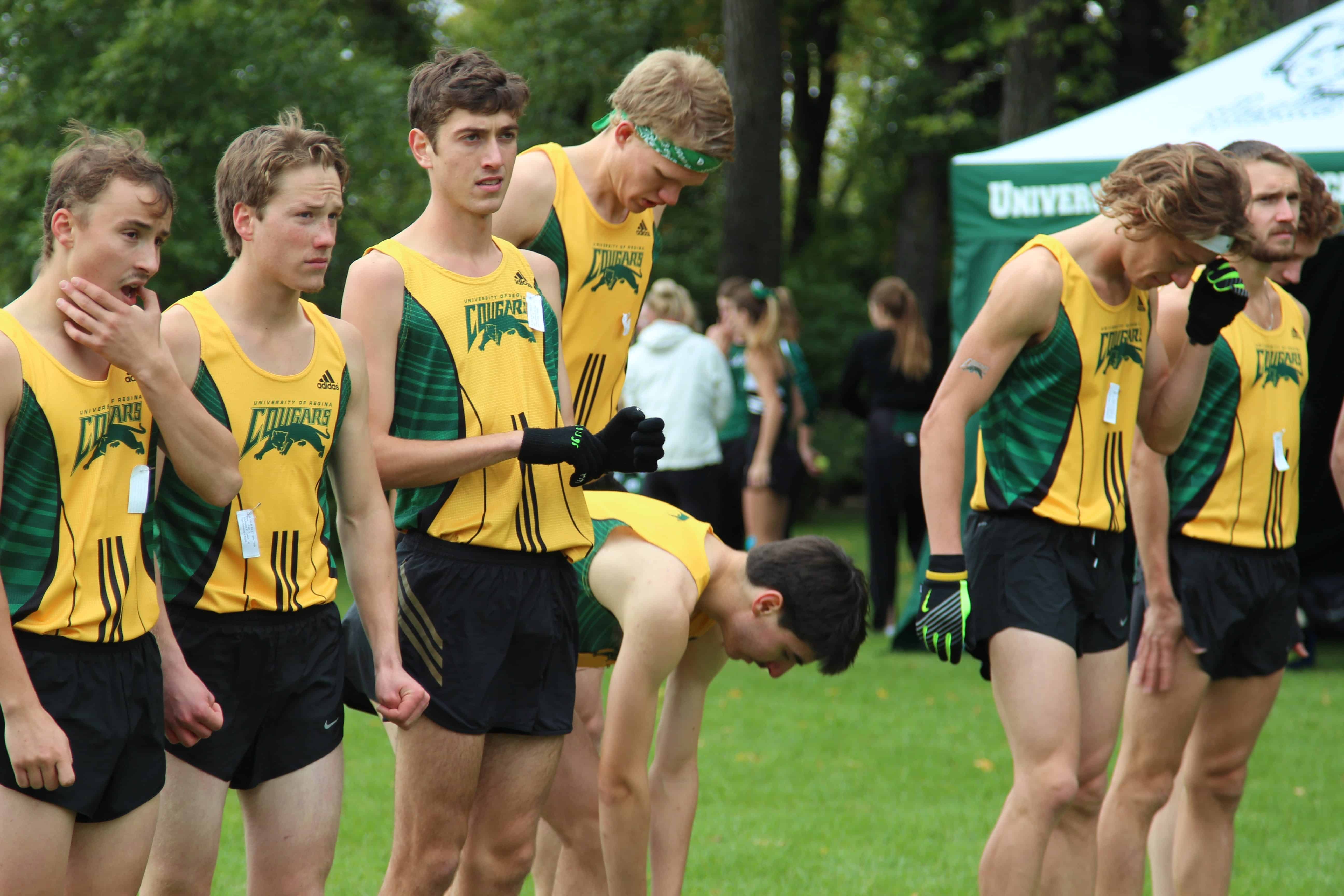Carbon tax raised, protest from prairie premiers

Tax increases expected to continue in future years
Despite requests for a pause on the hike, the carbon pricing plan – set at $65 a tonne earlier this year – has now been increased to $80 a tonne. It is expected to continue to rise annually by $15 until it reaches $170 a tonne by 2030.
At the pumps, the hike will add roughly three cents per litre to the cost of gas and diesel.
Combating climate change has become a pressing global concern. Governments all over the world have implemented measures to reduce carbon emissions. One measure implemented is a carbon price. Carbon prices are a policy tool designed to incentivize companies and individuals to reduce their carbon footprint. In Canada, the carbon price hike has been a significant policy initiative aimed at curbing greenhouse gas emissions and transitioning towards a low-carbon economy.
A national carbon pricing system was introduced in Canada in 2019. The policy mandated provinces to implement either a carbon tax or a cap-and-trade system. The federal government imposed a carbon tax on provinces that did not have their own pricing mechanisms. The price started at $20 per tonne of carbon dioxide equivalent (CO2e) in 2019 and increased by $10 annually in the following years.
According to government data, emissions in provinces subject to the federal carbon tax have decreased since its implementation.
Hadrian Mertins-Kirkwood, a senior researcher with the Canadian Centre for Policy Alternatives, thinks the carbon price is a “cornerstone policy” of Prime Minister Justin Trudeau’s minority Liberal government.
“The idea is that by putting a price on pollution, people will use fewer fossil fuels, and that drives down overall emissions from the economy,” Mertins-Kirkwood told Global News.
Mertins-Kirkwood also believed that Canadians will see “indirect effects” of the carbon price, pointing to transportation costs that can filter down into food prices.
Many premiers are opposing the upcoming hike in April and have requested the federal government to put a pause on the hike. In a letter to Trudeau, Andrew Furey, the Premier of Newfoundland and Labrador, said that while his government is “deeply invested” in environmental sustainability, the planned increase “is causing understandable worry as people consider how they will manage the mounting financial strain.”
Other premiers including Doug Ford of the Ontario Progressive Conservative Party, Danielle Smith of Alberta United Conservative Party, and Scott Moe of the conservative Saskatchewan Party are of the same mind, and have expressed their thought on the upcoming hike on their respective X (formerly Twitter) accounts.
“If they don’t start putting money back in people’s pockets instead of filling their pockets, guess what? They’re going to get annihilated, as I’ve said before, they’re done. They’re done like dinner,” Ford told reporters in Pickering, Ont., on March 13, 2024.
Despite calls for a pause, Justin Trudeau did not signal a pause when he spoke to some reporters in Calgary on March 13.
“The price on pollution was designed to do two things. Send a clear signal to investors, to companies, to Canadians that it makes good sense to invest in reducing our carbon emissions and saving energy, and a price signal is the clearest way of doing that,” he said.
“The second goal of the price on pollution was to make sure that middle-class families and vulnerable families across the country weren’t carrying the brunt of that price on pollution, and that’s exactly what we’ve done.”









